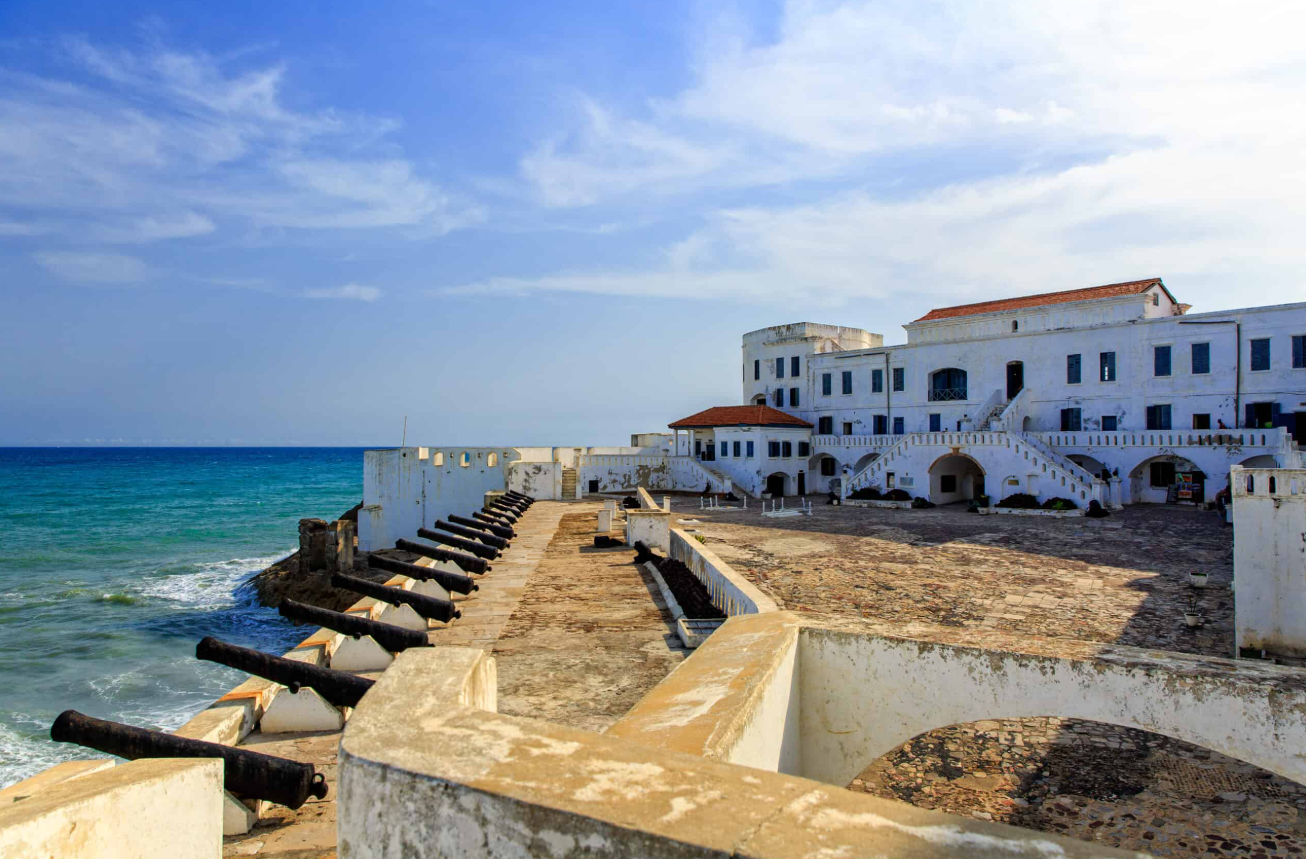Ghana has long been a hub for roots tourism, connecting African diasporas with their ancestral heritage.
Initially centered on the transatlantic slave trade, this form of tourism has evolved to offer more celebratory and less politicized experiences.
Key attractions include the historic slave forts along Ghana’s coastline, which serve as both memorials of a painful past and symbols of resilience and reconnection.
The roots tourism narrative in Ghana gained significant momentum with the “Year of Return” campaign in 2019.
Marking 400 years since the arrival of enslaved Africans in Jamestown, the campaign was a global call to people of African descent, particularly African Americans, to reconnect with their heritage.


Events like PANAFEST and Emancipation Day highlighted the shared history of resilience and the promise of a united African identity.
This initiative was not just about remembering history but also about celebrating the strength of African people.
Ghana positioned itself as a gateway for diasporic connection, emphasizing a symbolic “homecoming” while leveraging social media and celebrity endorsements to amplify its message.
The campaign attracted high-profile visitors like Steve Harvey and Cardi B, further boosting Ghana’s visibility as a cultural and tourist destination.
While roots tourism fosters emotional and cultural connections, it also faces criticism.
Conflicts often arise between tourists’ expectations of a spiritual homecoming and the local realities of economic development goals.


Critics argue that these narratives sometimes commodify African heritage for profit rather than fostering genuine relationships.
Despite these challenges, Ghana’s strategy remains forward-looking.
The follow-up campaign, “Beyond the Return,” aims to deepen diaspora engagement through investment opportunities, cultural exchanges, and heritage tourism.
By blending history, culture, and economic aspirations, Ghana continues to solidify its role as a beacon for diasporic connections and global tourism.

